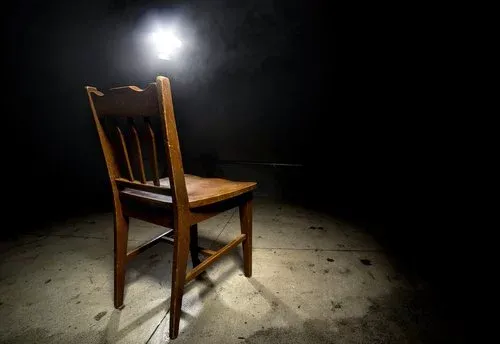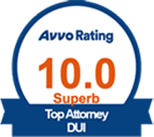Get a Free Consultation
(401) 324-2992
6 Commonly Asked DUI Questions
Mar, 21 2017

Even if you have no intentions of drunk driving, you probably have some DUI questions. Knowing about drunk driving can help you prevent or fight a DUI. Knowing the answer to these six commonly asked DUI questions can help you avoid your first DUI offense.
1.What Should I Say and Do If a Police Officer Stops Me?
If a police officer pulls you over, you should be polite. However, you don’t need to answer her questions. You have a right to an attorney. You can simply say, “I’d like to speak to my attorney before I answer your questions.”
That said, you won’t be in trouble if you admit to having one or two beers. That quantity isn’t enough for a drunk driving charged and can’t be used as incriminating evidence. What can be used to incriminate you is a field sobriety test or a breathalyzer. And you aren’t required to comply with their requests for one, at least not yet. If you believe that you will fail either test, it’s a good idea to politely decline.
2. What Do Police Officers Look for on the Road?
Nights and evenings are the most common time for police offers to look for drunk driving. There are a variety of behaviors they look for during these times, some of which include weaving in and out of lanes and straddling a lane marker. Drinking and driving are also associated with drivers of cars that turn with a wide radius and ones that swerve often. Drunk drivers might strike (or almost strike) objects or other vehicles. They also may drive over ten mph under the speed limit or come to an unnecessary stop. Another sign is fast acceleration or deceleration, or a slow response to traffic lights.
There are many other behaviors that are associated with drunk driving and, because of this, it’s hard to avoid being detected. The one thing that isn’t suspicious is normal driving- going the speed limit, staying centered in your lane, and driving smoothly. Following the rules of the road is the only way to avoid detection.
3. What Does a Police Officer Look for When She First Gets to the Scene?
After pulling you over, a police officer looks for a few signs. Red eyes are an indication that you may have been drinking, as well as a flushed face and slurred speech. In many drunk driving cases, you hear police officers site the smell of alcohol as an indication of drinking and driving.
Once the officer starts asking you questions, there are other behaviors that can give away your sobriety (or lack thereof). Fumbling fingers as you reach for a license, the inability to understand or answer simple questions, and an argumentative attitude are also things they look for.
When you exit your car, it can be even more obvious that you are drunk driving. Staggering, swaying, leaning on objects, and stumbling can be held against you.
4. What Defenses Are There in Drinking and Driving Cases?
Discussing all of the drunk driving defenses would take days; the list of defenses is very long. But there are a few that are more common than others.
- Lack of reasonable cause: If a police officer did not have legal cause to pull you over, evidence against you could be thrown out
- BAC Testing issues: There are many different ways to argue that a BAC reading was inaccurate. For example, Intoxilyzer 5000 has a 10% margin of error.
- Lack of physical control: If you were in accident and officers didn’t see you driving the vehicle, the prosecution may have a hard time proving that you were drinking and driving
- Miranda rights: If a police officer did not read your rights at the correct time, the court may suppress incriminating evidence
5. What Are the Legal Consequences of Drunk Driving?
The consequences of drinking and driving vary and could end in jail time. However, a conviction isn’t always the punishment. Some DUI drivers don’t get a conviction but instead, attend a DUI Education Program. Other offenders choose between jail time or community service combined with probation. Some DUI offenders lose their license for a lengthy suspension period.It all depends on the severity of the situation and your prior convictions. And, leading into the next of our DUI questions, it depends on your lawyer.
6. How Can I Find a Qualified DUI Lawyer?
A good drunk driving lawyer has several key traits. One of the most important traits is an experience. You want a lawyer who knows the system and has years of experience. You also want a lawyer who comes highly recommended. Reading testimonials and reviews can give you an idea of the representation you would get.
A qualified lawyer can answer any other DUI questions, common or not. And a DUI attorney in RI can help solve your drunk driving troubles.
6 Commonly Asked DUI Questions






